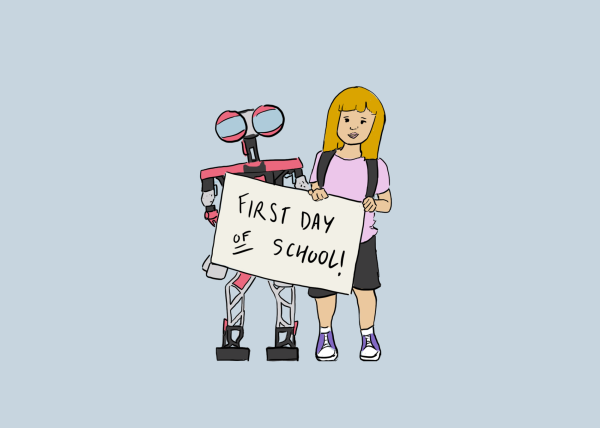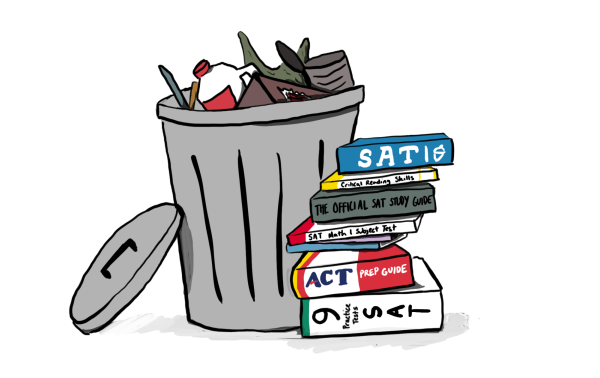Our Take: Fact-check that
When stories of fake news sites on Facebook surfaced in November, discussions began on how to best avoid false reporting. After presidential adviser Kellyanne Conway’s comment on “alternative facts” in the case of inaccurate inauguration attendance numbers in late January, the conversation on fact-checking reached a high. Today, there is an even larger need for us to keep one eye on the news and another on the source.
We live in a time where all information and then some is accessible on the internet. We need to take the time to step back and observe what we are reading. What use is developing an opinion on something if you don’t have all the facts?
Every day, a new political event unfolds with ‘facts’ being thrown around by both parties. Each of the 18 executive orders Trump has signed since taking office has garnered fact-throwing. The easiest way to form an opinion on these orders is to read them for yourself. Most of them were fairly short and easy to interpret, but few took the time to look them up. Instead, they turned to facts that flew by their timelines for information, many without a source.
This lesson is not a new one. We grew up being told not to give out too much personal information, not to talk to strangers and not to believe everything we see on the internet. Social media, however, seems immune to this logic. It is a place of saturated information where the controversy of the day can be debated without a second thought to the validity of the main arguments. It is worth remembering that the only reliable information is information you research yourself.
This is not just a national issue. This happens locally, like when misinformation is spread about what businesses are closing and opening or what school policies are changing. At school, we jump to conclusions about classmates based on what people say instead of waiting for more information. If you think someone needs help with a problem, talk to them about it, don’t post about it. These things are common sense.
Whether it is national news or a lunchtable discussion, the news cycle can be turbulent, so take the time to confirm what you’re reading and saying. Check your facts, and our staff promises to do the same.
Your donation will support the student journalists of Hagerty High School. We are an ad-free publication, and your contribution helps us publish six issues of the BluePrint and cover our annual website hosting costs. Thank you so much!






